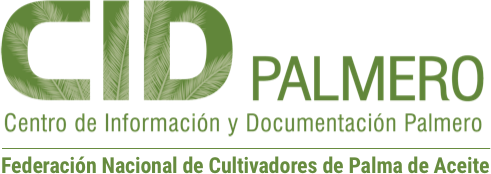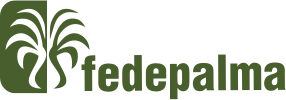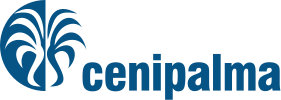| dc.creator | Rajanaidu, N. | |
| dc.creator | Rohani, O.Jalani, B.Sukaimi | |
| dc.description | The current tissue culture method for Elaeis guineensis is limited by the low success rate at the callusing and embryogenesis stages. Not all embryoids formed will proliferate and germinate successfully into polyembryogenic (PE) tissues. The currenttechnique depends largely on PE cultures for shoot production. Several reports have indicated that cultures maintained for prolonged periods show a higher frequency of abnormality. Hence, it is important to improve the various stages in the tissue culture process to produce a reasonable number of normal plantlets, although callus initiation and embryogenesis are much influenced by the ortet's genetic background. The performance of clones derived from selected high oil yielding ortets is not consistent for fresh fruit bunches (FFB). However, the trait oil to bunch ratio (O/B) is well transmitted from the ortets to their respective clones. It is worthwhile emphasising the highly heritable traits such as O/B, kernel to bunch ratio (K/B), plant height and fatty acid composition in the selection of ortets. The immediate prospect of the tissue culture technique is to develop biclonal seeds. This involves the multiplication of parents of elite dura and pisifera (D X P) crosses through tissue culture and thencrossing these parental clones to produce D X P seeds. The available published data on the performance of clones for the commercialisation or large scale planting of oil palm clones are variable and not conclusive. However, Agrocom, a private tissue culture company in Malaysia, has demonstrated promising yield potential of clones with a low level of floral abnormality. Similar results are also emerging from other tissue culture laboratories. With oil palm clones, it is possible to increase oil yield by 12-30% compared to current planting materials based on seeds. The clonal abnormality in oil palm is likely to be of genetic and epigenetic origin. The prospects of obtaining molecular markers for screening the off-types at the in vitro and nursery level are good. | |
| dc.description | The current tissue culture method for Elaeis guineensis is limited by the low success rate at the callusing and embryogenesis stages. Not all embryoids formed will proliferate and germinate successfully into polyembryogenic (PE) tissues. The currenttechnique depends largely on PE cultures for shoot production. Several reports have indicated that cultures maintained for prolonged periods show a higher frequency of abnormality. Hence, it is important to improve the various stages in the tissue culture process to produce a reasonable number of normal plantlets, although callus initiation and embryogenesis are much influenced by the ortet's genetic background. The performance of clones derived from selected high oil yielding ortets is not consistent for fresh fruit bunches (FFB). However, the trait oil to bunch ratio (O/B) is well transmitted from the ortets to their respective clones. It is worthwhile emphasising the highly heritable traits such as O/B, kernel to bunch ratio (K/B), plant height and fatty acid composition in the selection of ortets. The immediate prospect of the tissue culture technique is to develop biclonal seeds. This involves the multiplication of parents of elite dura and pisifera (D X P) crosses through tissue culture and thencrossing these parental clones to produce D X P seeds. The available published data on the performance of clones for the commercialisation or large scale planting of oil palm clones are variable and not conclusive. However, Agrocom, a private tissue culture company in Malaysia, has demonstrated promising yield potential of clones with a low level of floral abnormality. Similar results are also emerging from other tissue culture laboratories. With oil palm clones, it is possible to increase oil yield by 12-30% compared to current planting materials based on seeds. The clonal abnormality in oil palm is likely to be of genetic and epigenetic origin. The prospects of obtaining molecular markers for screening the off-types at the in vitro and nursery level are good. | |
| dc.language | d | |
| dc.relation | | |
| dc.subject | Clonación. | |
| dc.subject | Cultivo de tejidos. | |
| dc.subject | embriogénesis | |
| dc.subject | Mejoramiento genético | |
| dc.subject | Rendimiento. | |
| dc.subject | xlonwa | |
| dc.subject | Palma de aceite | |
| dc.title | Oil palm clones : current status and prospects for commercial production. | |
| dc.type | text | |
| dc.identifier.url | https://catalogo.fedepalma.org/cgi-bin/koha/opac-detail.pl?biblionumber=23462 | |


